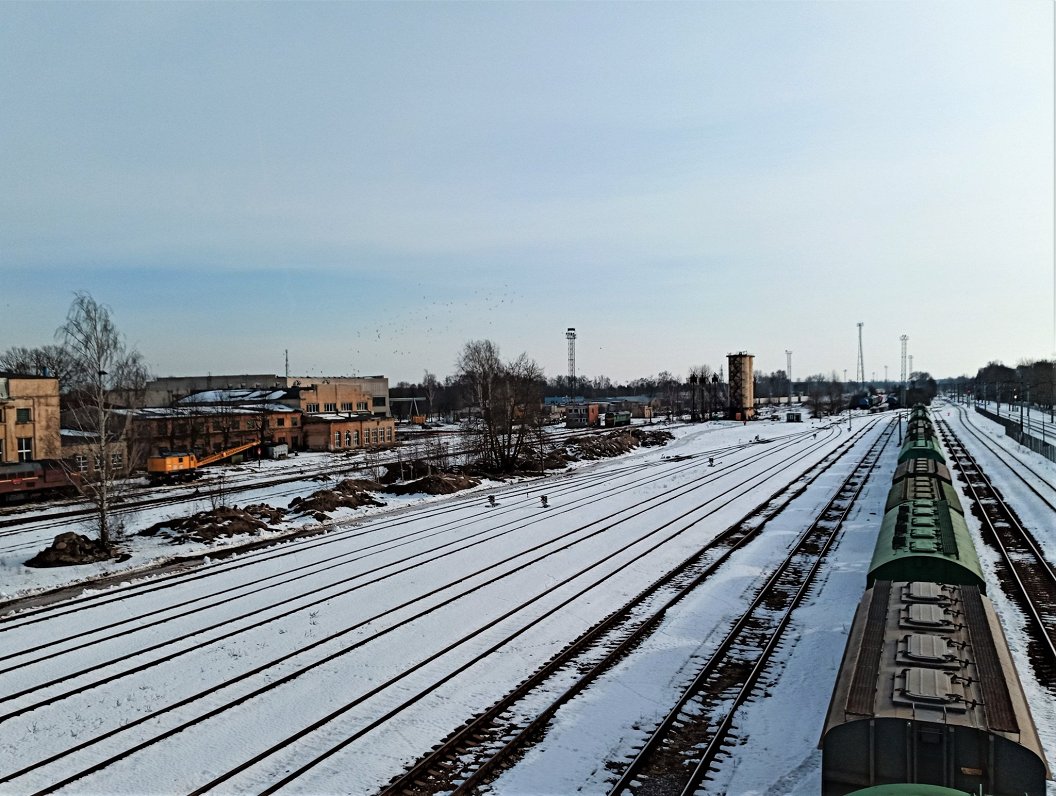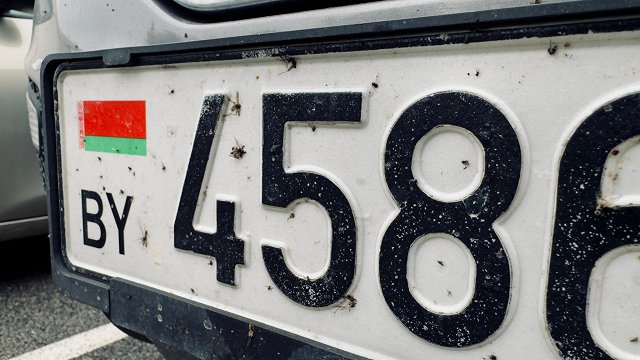Data from the Central Statistical Bureau on foreign trade show that, for example, exports of Latvian goods to Kazakhstan last year reached EUR 118 million, which is 2.5 times more than in 2021. The export value to other CIS countries is lower, but, for example, export volumes to Kyrgyzstan have increased by 3.5 times, and to Armenia by 2.7 times.
Although it is understandable that companies that have previously cooperated and focused on Russia or Belarus with their goods are more readily able to find new partners in the former USSR area, it is noteworthy that sanctioned goods exports have risen particularly rapidly.
For example, in Latvia's exports to Kazakhstan, phones, including smartphones, appear next to undenatured ethyl alcohol and medicines. Last year from March until the end of the year, phones were exported at €12.2 million from Latvia to Kazakhstan, which is six times more than during the same time in 2021. An increase of 200 times from March has been seen in exports of automatic data-processing machines and their blocks, reaching a value of €8.2 million in the ten months after the war began.
Phones, automatic data processing equipment, and electronic integrated circuits from Latvia have also been exported relatively more to Uzbekistan, Kyrgyzstan, and Georgia. Most of these goods are the so-called re-export when Latvian companies further export things manufactured in other countries.
"According to our assessment, domestic exports to Kazakhstan make the largest contribution, with also a significant increase in re-exports. Exports of metals and vehicles are dominated by domestic products, while exports of electrical appliances and machinery are of similar value to re-exports and domestic products. These may be flows of different goods to Russia, which are now being directed through other countries," Matīss Mirošņikovs, an economist at the Latvian central bank (Bank of Latvia) told LETA.
The public authorities cannot control whether goods subject to EU sanctions are entering Russia directly through its neighbors.
"It's undoubtedly a problem. It is clear that Russia and Belarus, which are subject to sanctions - both at the individual and corporate level and at the national level - are looking for some ways of circumventing and avoiding these shares both within the EU and through third countries. It should be recalled that many countries have not joined the sanctions introduced by the EU, the US, the UK, and several other countries," said Valdis Dombrovskis, executive director of the European Commission, in an interview with LETA.
Latvia's foreign trade trends have changed following the introduction of sanctions. The fact that trade in certain commodity groups has increased rapidly with a number of countries that have not joined EU sanctions, such as Central Asia and South Caucasus, has not slipped past the authority bodies.
State Chancery representative Zane Berķe said: "As negotiations are not possible, for example, with Belarus, we have called on both the EU and the US to adopt the same sanctions against Belarus, as against Russia. This would help prevent sanctions from being circumvented through this country. We hope they will be adopted in the near future. It is also regularly recalled in Latvia that the violation of EU sanctions is a serious crime and that the Latvian law enforcement authorities are paying increased attention to it."






























